Citizenship, governance and public sphere
In recent years bilateral collaboration with developing countries has moved into budget support, limiting the donor’s influence on how money is being spent in the partner countries. Parallel to this decrease in donor influence, a growing focus on issues of governance and accountability has been seen. DFID, SIDA, Danida, Irish Aid and many other bilateral agencies today have governance policies in place.
Media and communication play some role in these policies and practices, but with room for expansion: Support to independent media have for many years been seen as one way of securing an in-country watch-dog function, and long-standing support to media development, journalism training, media policy frameworks, etc has been widespread, not least with strong Nordic support. More recently, the role of communication in governance has grown. UNDP‘s work with ‘communication for empowerment’ has been a manner whereby to develop ‘listening strategies’ so that development agencies like UN-agencies, NGOs and government institutions involved in developing i.e. poverty reduction strategies, better could base their policy development work on the needs, voices and concerns of the people. Communication for empowerment, community consultations, Sida’s own listeners studies currently being piloted in Bangladesh, are all communication strategies in support of good governance and better mechanisms of holding governments accountable.
Both RUC and MAH can offer a substantial knowledge base for the development of this research strand: Public Administration and International Development Studies at RUC (ISG) and Global Political Studies at MAH.
 New PhD opportunities at the University of Leicester
New PhD opportunities at the University of Leicester Call for Abstracts: New Directions in Media, Communication and Sociology (NDiMS) Conference
Call for Abstracts: New Directions in Media, Communication and Sociology (NDiMS) Conference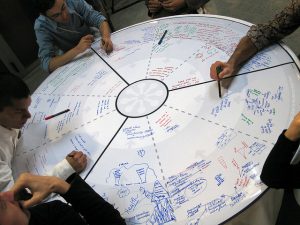 Ørecomm Team to Gather at the University of Coimbra
Ørecomm Team to Gather at the University of Coimbra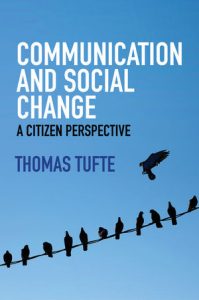 “Communication and Social Change – A Citizen Perspective” Published
“Communication and Social Change – A Citizen Perspective” Published C4D Network to Sum Up Global Communication for Development Practice
C4D Network to Sum Up Global Communication for Development Practice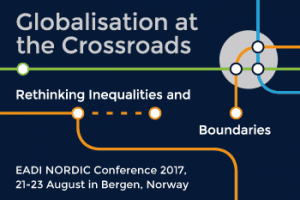 Entering Media and Communication into Development Conferences?
Entering Media and Communication into Development Conferences?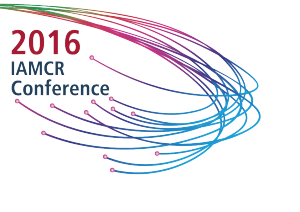 IAMCR Conference 2016: Communication for Development Highlights
IAMCR Conference 2016: Communication for Development Highlights Glocal Classroom Revisited – Storytelling & Social Change Leicester-Malmö
Glocal Classroom Revisited – Storytelling & Social Change Leicester-Malmö I EvalComDev International Conference: Call for Papers
I EvalComDev International Conference: Call for Papers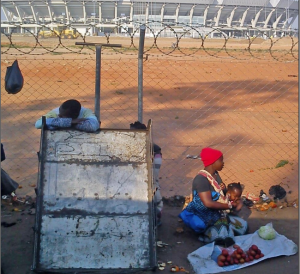 Looking for Media and Communication in Development Conferences: Devres 2016
Looking for Media and Communication in Development Conferences: Devres 2016